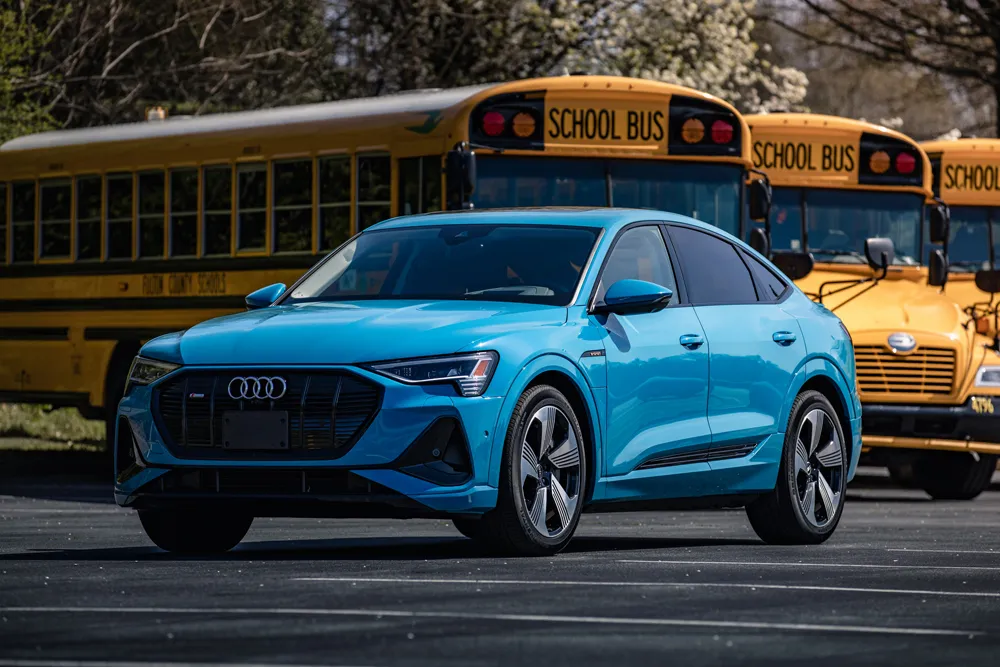A group of Dutch and British scientists at the UK’s University of Birmingham has discovered the secret algorithm used to identify the identity of each unique ignition key used to start luxury and exotic cars such as Porsches, Lamborghinis, Audis and Bentleys, all part of the German Volkswagen Group. The scientists, Baris Ege, Roel Verdult and Flavio Garcia had hoped to publish the paper at the USENIX Security Conference in Washington next month but Volkswagen sued to prevent them from disclosing key details
July 31, 2013
Read time: 1 min
A group of Dutch and British scientists at the UK’s University of Birmingham has discovered the secret algorithm used to identify the identity of each unique ignition key used to start luxury and exotic cars such as Porsches, Lamborghinis, Audis and Bentleys, all part of the German 994 Volkswagen Group.
The scientists, Baris Ege, Roel Verdult and Flavio Garcia had hoped to publish the paper at the USENIX Security Conference in Washington next month but Volkswagen sued to prevent them from disclosing key details of their work, arguing that publicising the flaw would put the security of some of its most expensive vehicles at risk.
The UK’s high court has imposed an injunction stopping the publishing of such papers, while the university has issued a statement saying it will ‘defer publication’ of the paper.
The scientists, Baris Ege, Roel Verdult and Flavio Garcia had hoped to publish the paper at the USENIX Security Conference in Washington next month but Volkswagen sued to prevent them from disclosing key details of their work, arguing that publicising the flaw would put the security of some of its most expensive vehicles at risk.
The UK’s high court has imposed an injunction stopping the publishing of such papers, while the university has issued a statement saying it will ‘defer publication’ of the paper.








